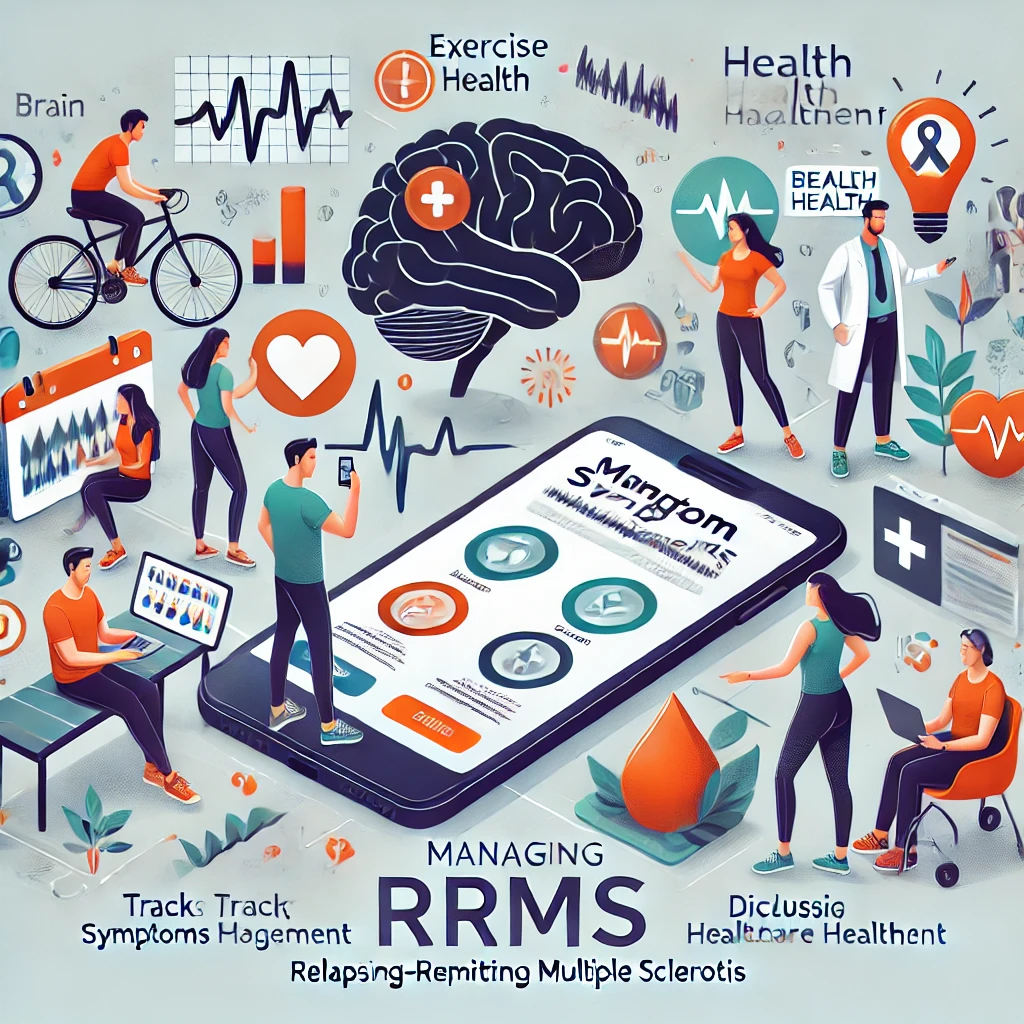
The Key to Managing Relapsing-Remitting Multiple Sclerosis (RRMS)
Managing Relapsing-Remitting Multiple Sclerosis (RRMS) in India: The Importance of Symptom Tracking
Relapsing-remitting multiple sclerosis (RRMS) is a complex neurological condition that affects individuals globally, including many in India. Understanding and effectively managing RRMS is crucial for improving the quality of life for those living with this condition. In this article, we will explore the significance of symptom tracking in RRMS management and how it can specifically benefit patients in India.
Understanding RRMS
Before we dive into the importance of symptom tracking, let’s briefly revisit what RRMS entails:
- What is RRMS?
RRMS is a subtype of multiple sclerosis characterized by periods of symptom relapse (flare-ups) followed by remission (recovery). - Common Symptoms:
Symptoms can vary widely among individuals and may include fatigue, muscle weakness, vision problems, and difficulties with balance and coordination.
The Significance of Symptom Tracking in RRMS Management
Keeping a close eye on RRMS symptoms is essential for effective management. Here are key reasons why symptom tracking matters:
- Early Intervention:
The importance of tracking symptoms in RRMS management cannot be overstated. By monitoring symptoms, patients can detect relapses early, allowing for prompt interventions that minimize their impact. This early detection is critical for achieving effective RRMS management. - Treatment Optimization:
Symptom tracking enables healthcare providers to tailor treatment plans based on individual patient needs. This personalized approach optimizes RRMS management and improves treatment outcomes. - Improved Quality of Life:
By closely monitoring symptoms and adjusting treatment as necessary, patients can achieve better symptom control, leading to an improved quality of life. Utilizing symptom tracking tools is invaluable in reaching this goal.
Symptom Tracking Tools for Indian Patients
Access to symptom-tracking tools and resources is vital for patients in India. Here’s how they can benefit:
- Digital Apps:
Numerous smartphone apps are designed for tracking symptoms related to multiple sclerosis. These digital tools allow patients in India to conveniently monitor their RRMS symptoms and gain valuable insights into their condition. - Communication with Healthcare Providers:
Open and regular communication with healthcare providers is essential. Sharing symptom data effectively enhances collaboration, which is vital for achieving optimal RRMS management.
Conclusion
In conclusion, effective symptom tracking is a powerful tool for managing relapsing-remitting multiple sclerosis (RRMS). For patients in India, it offers the promise of early intervention, optimized treatment plans, and an enhanced quality of life. By actively engaging in their care and utilizing available tracking resources, patients can take significant strides toward managing RRMS effectively within India’s unique healthcare landscape. Let’s strive for a future where RRMS is better understood and managed both in India and worldwide.
For More Information, Click here.


